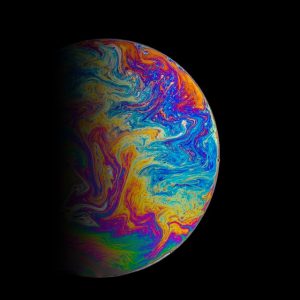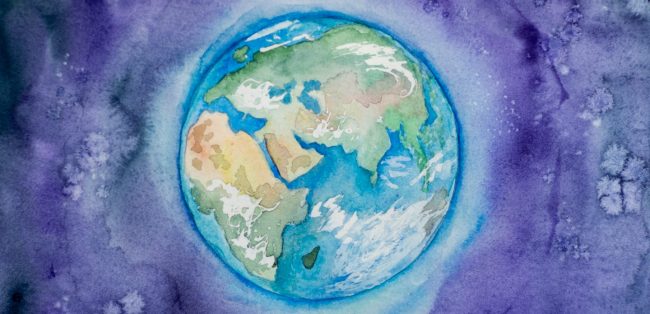 Have you ever stopped to wonder if the universe we live in is really the only one that exists? In fact, our universe may only be one of an infinite number of universes that make up a multiverse . As far as we know, there’s a single expanding bubble of spacetime dotted with trillions of galaxies, and that’s our universe. And if there really are others, there is still no evidence of their existence.
Have you ever stopped to wonder if the universe we live in is really the only one that exists? In fact, our universe may only be one of an infinite number of universes that make up a multiverse . As far as we know, there’s a single expanding bubble of spacetime dotted with trillions of galaxies, and that’s our universe. And if there really are others, there is still no evidence of their existence.
However, the theories of cosmology, quantum physics and the philosophy of science itself have some problems that could be solved if this bubble considered as the “all” were not really the all. This is not to say that other universes exist, but what if they do?
Universe
Theorizing what the universe is may seem like a simple thing to do, but different areas of science will take slightly different approaches to what the universe is.
Cosmologists describe it as the total mass of things that have been slowly expanding from a highly concentrated volume over the past 13.77 billion years. And that he gets more and more disordered with age.
Furthermore, the universe spans 93 billion light years from end to end. At least, if based on visible things that are possible to detect somehow. And beyond that limit there are things we can’t see, which is an infinite extension of nothing or, in the unlikely scenario that the universe bends in on itself, a round trip to its beginning.
In quantum physics, the universe can refer to all fields and their particles and their combined influences on each other. As a general rule, a universe is a closed system. This means that he cannot suddenly gain a significant amount of energy.
And philosophically speaking, the universe can be a discrete set of fundamental laws that govern the behavior of everything that is observed. So the universe would be defined by its own rules that define its unique speed for light, tell its particles how to push or pull or else how to expand.
Multiverse
The multiverse is a term used to describe a hypothetical set of universes that are possible, including the one we live in. This totality of universes also corresponds to the totality of space, time, matter, energy and constant laws of physics. We’re used to seeing this multiverse concept in various science fiction plots, but this idea is also an extrapolation of some science theories.
As well as variations in theories about what the universe is, there are also variations in what would make up a multiverse. Precisely because the very definition of the universe depends on some kind of physics that keeps the influencing factors separate, it is difficult to imagine ways to observe the existence of a brother to the universe.
And any experiment that was done to try to find one would have to have some sort of fence with some holes that would allow particles or energy to leak out, both in and out.
So far there’s still no good reason to think we’re unique. That’s because scientists are still learning how our own universe works. And the gaps in physics can be filled without having to imagine a reality different from ours.





